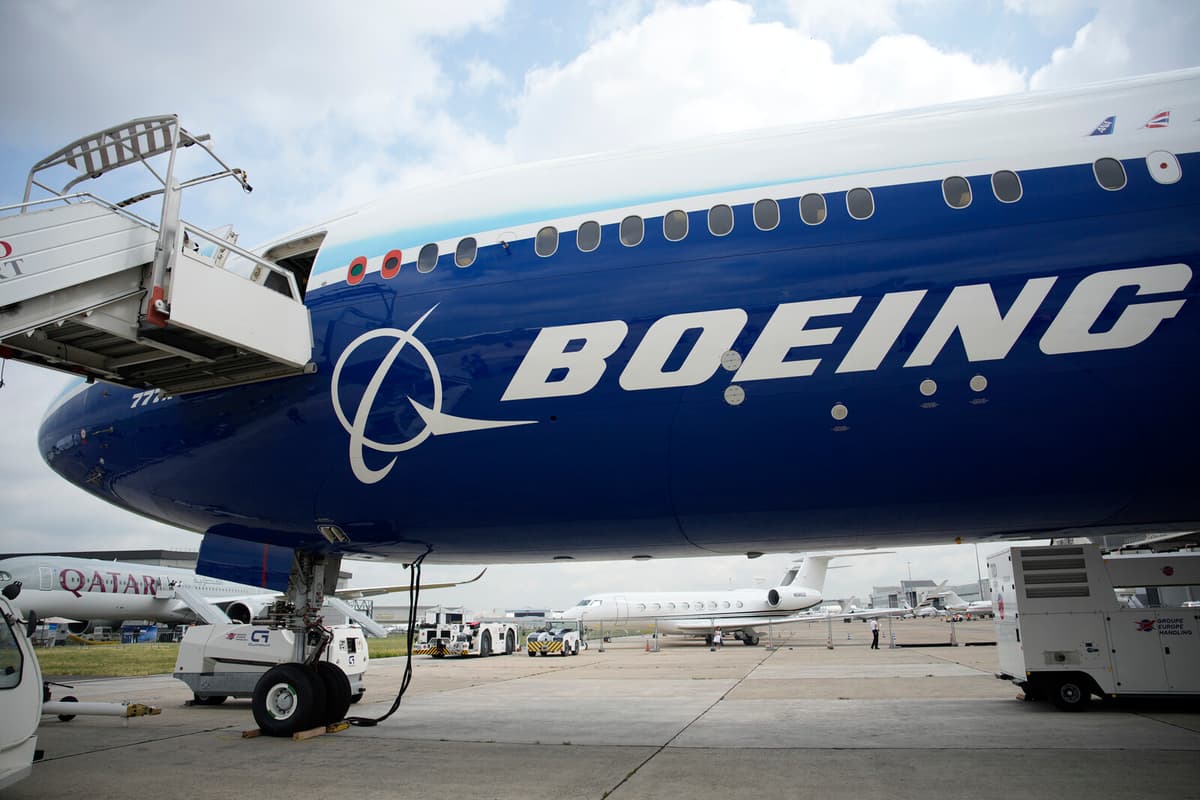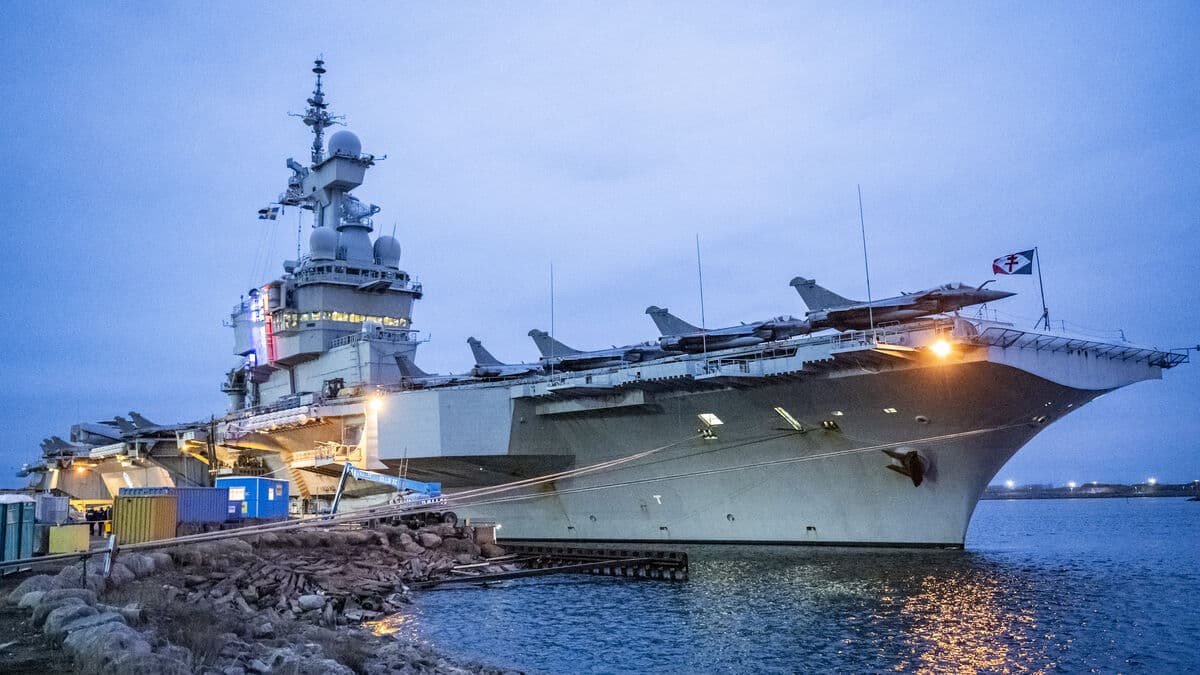Boeing's year has been marked by accidents and large economic losses.
Even if the plane crash in South Korea does not seem to have anything to do with the aircraft type itself, a Boeing 737-800, according to aviation expert Jan Ohlsson, it will still be detrimental to the aircraft manufacturer.
Boeing is in a deep crisis that they haven't really managed to get out of. They're cutting back and trying to increase production at the same time. They're stressed about getting planes out on time and then it's about not cheating again, he says.
Misled Authorities
According to Jan Ohlsson, social media is full of people who, after the crash, write that they will never fly with Boeing again.
They've got a stamp on them that's hard to wash away, they're also losing orders, he says.
According to Ohlsson, the 737-800 is a robust model that has not shown any defects.
Boeing, on the other hand, has previously had problems with its 737 Max aircraft. The planes were grounded for several years after two deadly plane crashes, in Indonesia in 2018 and Ethiopia in 2019. This has led to lengthy processes that are still ongoing.
The company has also later admitted to trying to mislead regulatory authorities about a flight control system on board.
As if that wasn't enough, a 737 Max plane from Alaska Airlines was forced to make an emergency landing in January this year after a door plug came loose during the flight.
Quarterly figures for the third quarter of the year showed a loss of 6.2 billion dollars. Over the past year, the company's stock market value has fallen by around 30 percent. In the fall, 33,000 Boeing employees in the US also went on strike, which became another costly story for the company.
Lack of Aircraft
According to Jan Ohlsson, Boeing's crises have led to competitor Airbus taking the lead. But there is another dark cloud on the competitive horizon for Boeing.
It's politically important for China and Russia to build their own planes. Russia isn't very good at it, but the Chinese will become a dangerous competitor pretty soon. Just look at the car industry, says Ohlsson.
Actors in the aviation industry are also tired of waiting to get planes delivered.
There is an enormous shortage of aircraft worldwide. It drives up prices and means that countries that aren't directly at odds with China will start looking more in that direction, he says.






